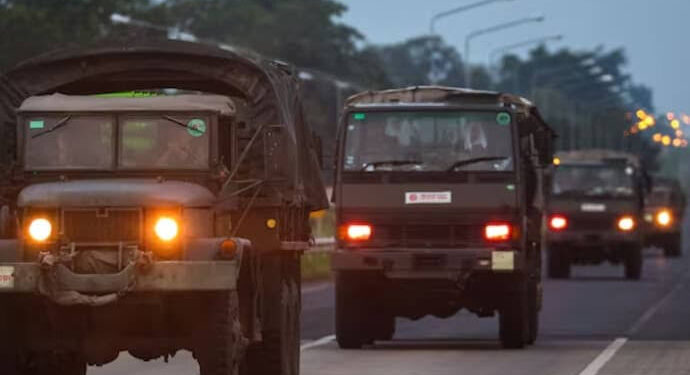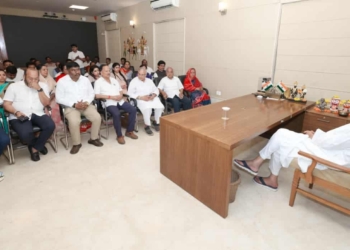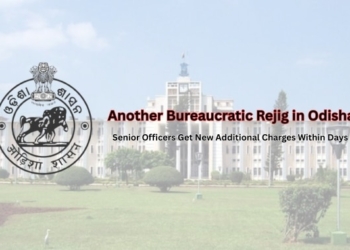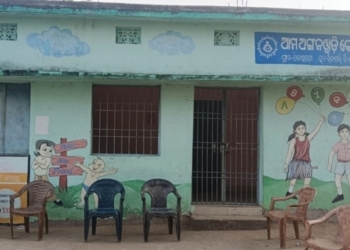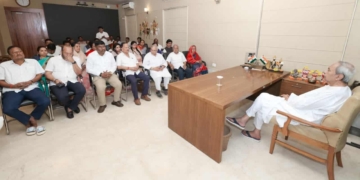Tensions between Thailand and Cambodia flared into their deadliest border clashes in over a decade on Sunday, despite claims from former U.S. President Donald Trump that he had brokered a ceasefire.
At least 12 people were killed near the disputed Ta Kwai temple in Thailand’s Surin province after Cambodian troops opened fire on Thai forces.
The renewed violence erupted just hours after Thailand’s foreign ministry announced an “in principle” agreement to a ceasefire and a willingness to hold bilateral talks. However, Sunday’s confrontation has reignited fears of a prolonged conflict in the region.
Cambodian officials confirmed 12 new deaths on Saturday, raising their total fatalities to 13. Thailand’s military reported another soldier’s death, taking its toll to 20 deaths, with many victims reported to be civilians.
Mass evacuations are underway on both sides of the border. Cambodian Information Minister Neth Pheaktra stated that over 37,600 people from three border provinces have been displaced. Thai authorities have also relocated over 131,000 civilians from villages near the contested zone.
Trump’s Involvement
Trump, in a series of posts on his platform Truth Social, said he spoke with Cambodian Prime Minister Hun Manet and was planning to call Thailand’s Acting Prime Minister Phumtham Wechayachai. “We do not want to make any [trade] deal with either country if they are fighting—and I have told them so!” he wrote.
Thailand’s foreign ministry later confirmed the call and reiterated its readiness for “immediate dialogue” to enforce ceasefire protocols.
UN’s Appeal for Peace
UN Secretary-General António Guterres expressed deep concern over the escalating conflict, urging both nations to agree to a ceasefire and offering UN mediation support.
Root of the Conflict
The clashes stem from a decades-old dispute over historic temple sites and adjacent territories along the Thai-Cambodian border. The region, a mix of remote jungle and farmland, has long been a flashpoint for nationalistic tensions.
Both sides have exchanged heavy artillery and rocket fire, with reports indicating possible use of cluster munitions—a weapon criticized globally for its impact on civilian areas. Neither country is a signatory to the 2008 Convention on Cluster Munitions, and similar allegations were raised during the 2011 border conflict that claimed 20 lives.

